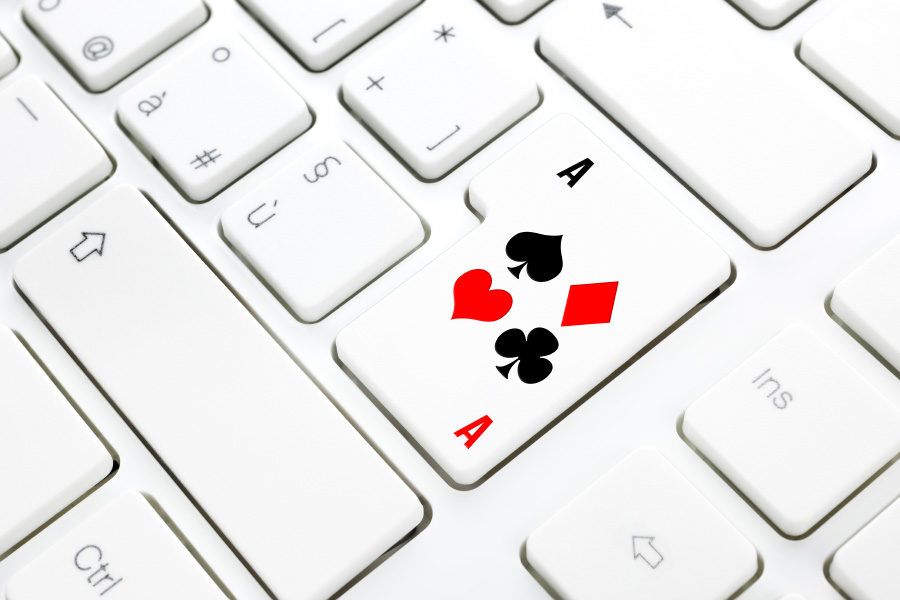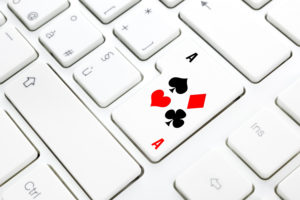British igaming yield drops across all verticals in July

The latest figures show a drop in online gambling revenue after the spike seen during lockdown.
UK.- The Gambling Commission has reported that online gambling revenue in Great Britain fell across all verticals in July – the first full month after retail betting shops reopened.
The Commission has been publishing monthly reports to track customer gambling activity during the novel coronavirus pandemic.
Based on figures from the largest operators accounting for 80 per cent of the regulated British market, gross gambling yield for online sports betting fell 3.8 per cent month-over-month to £209.3m in July after making a strong recovery in June.
Revenue from online slots in July fell 2.2 per cent from June, and 11.6 per cent from May, to £162.9m.
Online poker revenue also dropped, down 22.7 per cent month-on-month to £9m.
Betting on virtual sports fell 16.7 per cent to £8m and revenue from esports dropped 25.4 per cent to £2.6m.
The drop in online revenue came in the first full month after retail betting shops reopened from lockdown on June 15.
Over-the-counter GGY from the largest operators (85 per cent of the market) hit £62.5m. Revenue from self service betting terminals reached £23.2m and revenue from gaming machines hit £81.6m.
The UKGC stressed that it was difficult to make comparisons against the prior month or year because premises were closed for half of June. Shops reopened in phases and still have reduced opening hours and social distancing measures in place.
The Commission has also published the results of surveys carried out by market research company Populus that suggest 2.7 per cent of non-gamblers began gambling online under lockdown, but that the majority of them stopped once lockdown measures were relaxed.
Of the 42 per cent of the population that already identified themselves as gamblers, only 2.0 per cent made the shift from land-based to online play.
Only 13 per cent of gamblers increased their spend during lockdown, while 59 per cent spent the same and 24 per cent spent less on gambling, the survey found.










